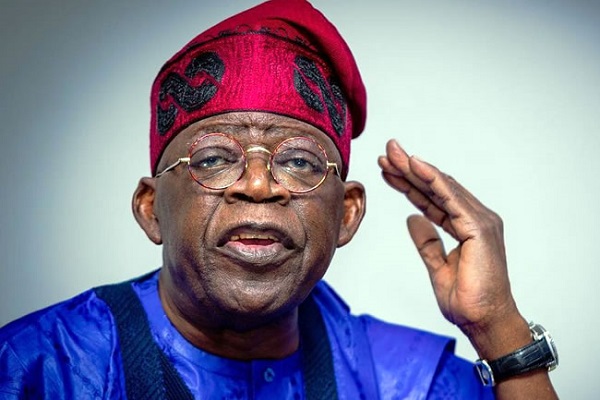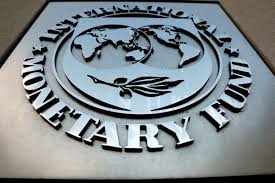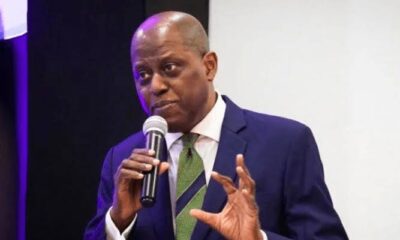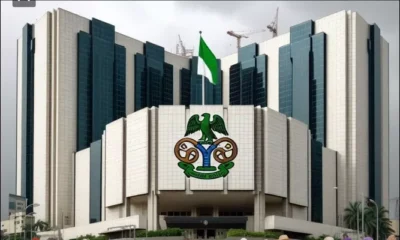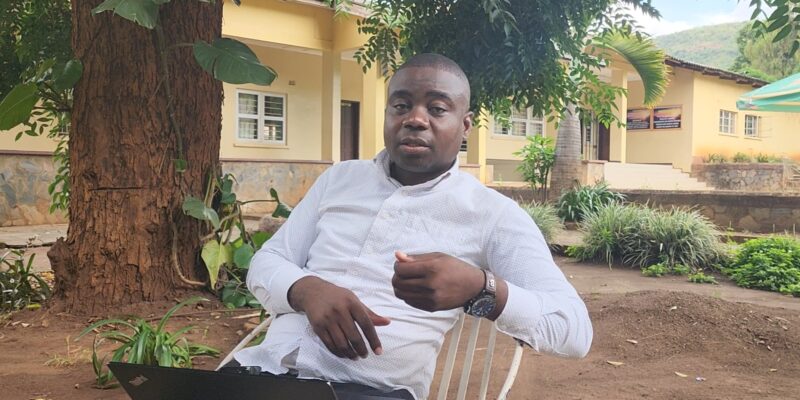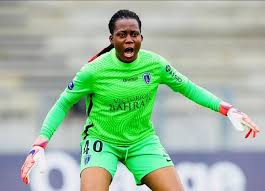The International Monetary Fund (IMF) says the Nigerian government may need to raise a supplementary budget to be able to pay the proposed minimum wage increase for workers.
The IMF which gave the advise in its latest staff country report for Nigeria on Monday, said a supplementary budget was necessary because the negotiated amount for the wage increase may surpass the budgeted amount in the original 2024 budget.
“The authorities noted that a supplementary budget may be needed to accommodate the outcome of the ongoing wage structure negotiations which may exceed what they had included in the 2024 budget,” the report said.
“Staff projects a higher fiscal deficit than anticipated in the 2024 budget, but broadly unchanged from 2023. The drivers are lower oil/gas revenue projections, reflecting IMF oil price forecasts but incorporating recent production gains; higher implicit fuel and electricity subsidies; continued suspension of excise measures included in the MTEF; and higher interest costs,” the agency noted.
The report also noted that the government might need to raise the domestic and external borrowing ceilings to prevent fresh borrowings from the apex bank’s Ways and Means.
“Over the medium-term, staff projects consolidation in the non-oil primary deficit. With rising interest costs, government debt stabilises towards the end of the projection period.
“Staff factors in an under-execution of capital expenditure in line with past outcomes and estimates an FGN deficit of 4.5 per cent of GDP relative to the 2024 budget target of 3.4 per cent of GDP.
“For the consolidated government, this implies a projected deficit of 4.7 per cent of GDP in 2024—compared to 4.8 per cent of GDP in 2023 measured from the financing side—which is appropriate given the large social needs and factoring in a realistic pace of revenue mobilisation.
“Based on staff’s projections, the authorities must raise the domestic and external borrowing ceilings to prevent renewed recourse to CBN financing.
“With higher interest rates, banks and nonbanks should have sufficient appetite—as indicated by market sources—conditional on careful management of system liquidity, including a likely reduction in the currently high cash reserve requirement.”
Organised labour in the country has continued to clamour for an increase in the minimum wage for government workers.
Labour leaders have demanded for N615,000 from N30,000 as salaries for lowest ranked workers, while a tripartite committee set up by the government have mulled N70,000 as the new minimum wage.
Despite the government allocating N6.48tn for personnel cost in the 2024 budget, the international lender argues that the amount may be insufficient, which could force the government to come up with a supplementary budget to fund the deficit, the report added.
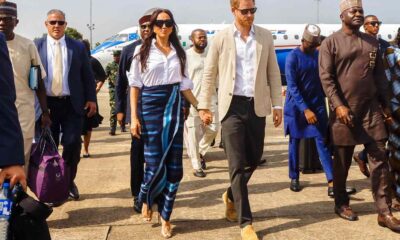
 Musings From Abroad2 days ago
Musings From Abroad2 days ago
 Sports1 day ago
Sports1 day ago
 Tech1 day ago
Tech1 day ago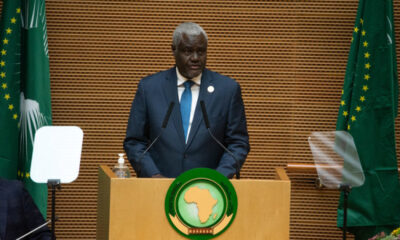
 Strictly Personal2 days ago
Strictly Personal2 days ago
